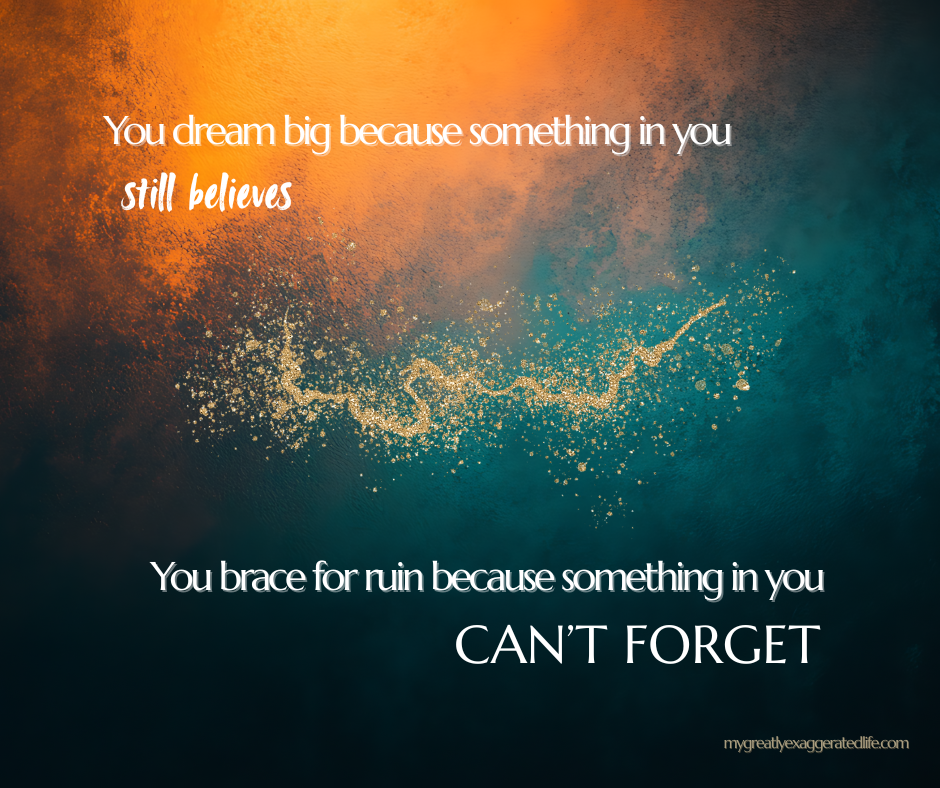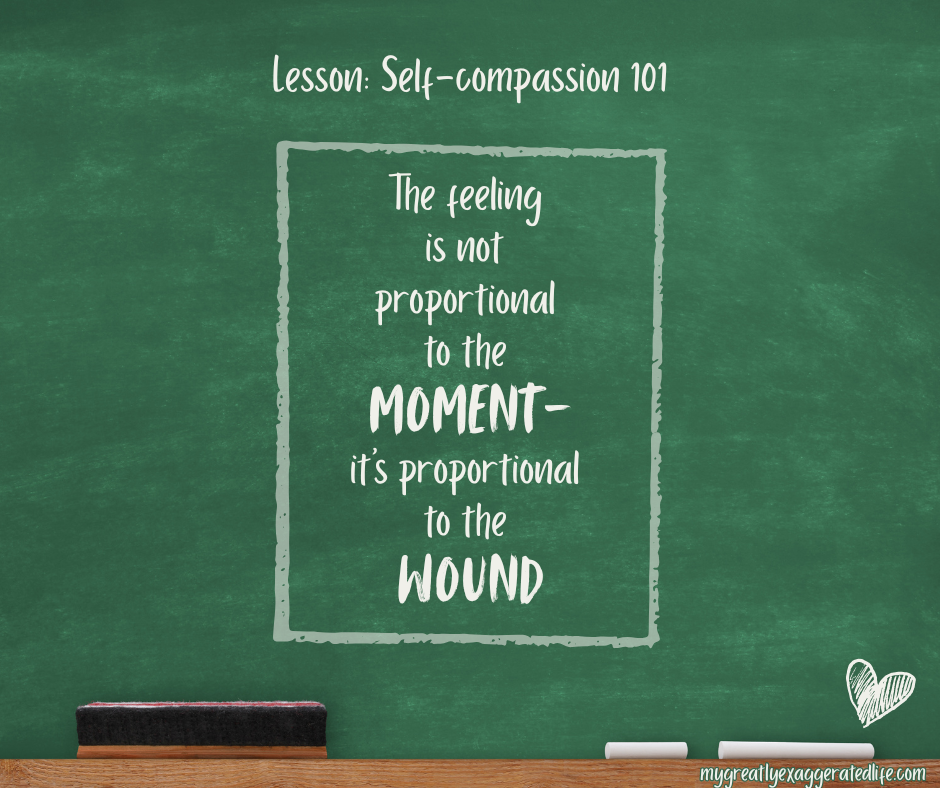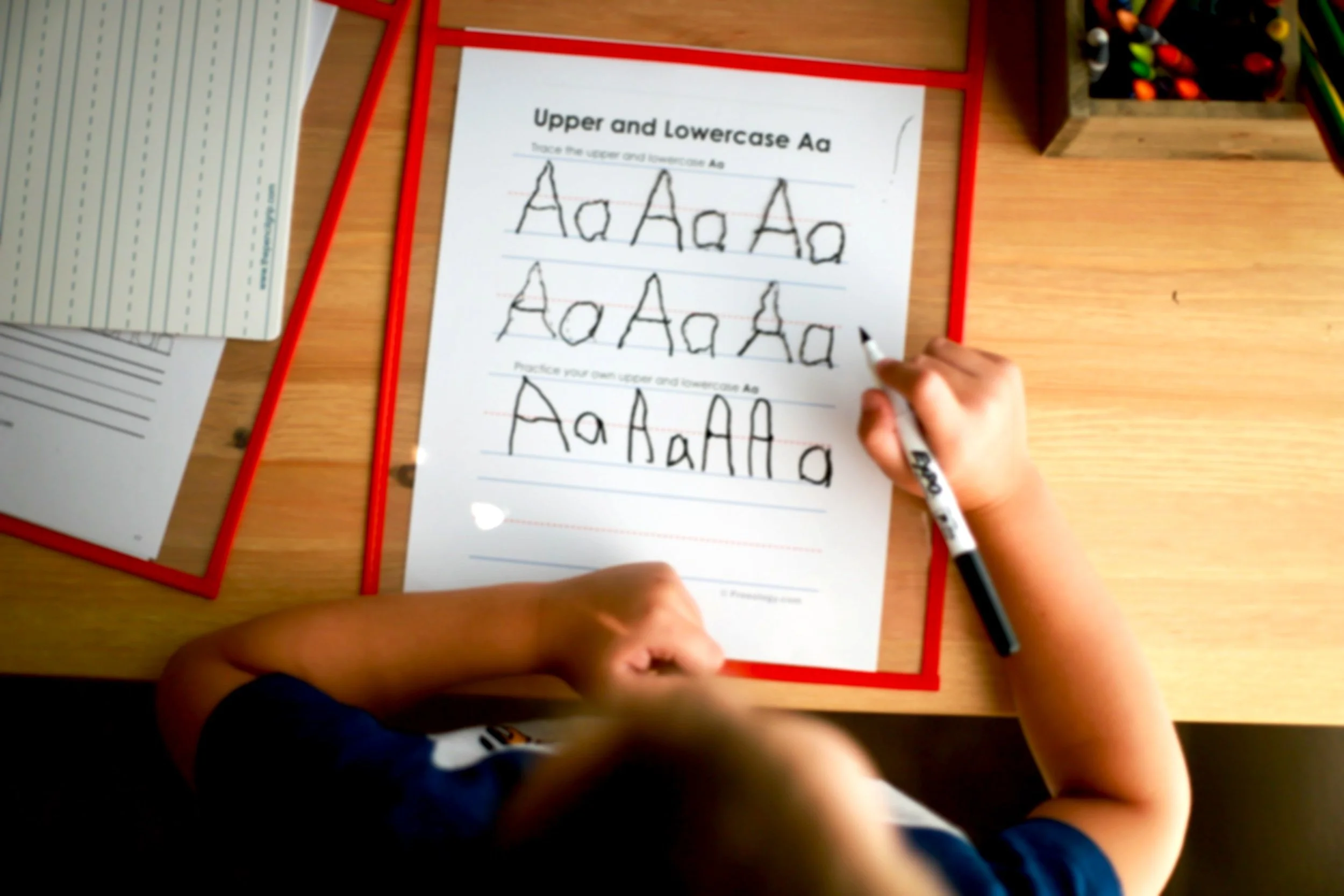
An Ouroboros Named Trauma
What looks like self-destruction is often a nervous system trying to survive. This piece explores the shame–relief cycle of trauma and the feedback loop that keeps it alive.

MGEL Lexicon: The Empathy Triad
A lexicon entry introducing the Empathy Triad — three context-dependent modes of empathy shaped by nervous system state, perception, and threat.

MGEL Calibration Deck: Freeze 1

A Different Operating System
A reflection on what changed after a nervous-system “rewrite.”
Not a personality shift. Not healing as a finish line. But a fundamental change in the rules the body was operating under.
This piece explores what disappeared when constant threat finally went offline—background monitoring, emotional flooding, urgency—and what quietly took its place: rest that restores, emotions with boundaries, decisions that no longer feel life-or-death.
It’s about absence, not transformation.
About quiet replacing chaos.
About learning to live without running on emergency power.

MGEL Click: Freedom Looks Like Socks
A tiny moment with a pair of mismatched socks revealed a massive shift in my nervous system — the first time in my life where something small finally stayed small. This Click explores how childhood shame can echo into adulthood in unexpected ways, and how healing can show up as quiet, ease, and the absence of fear. Sometimes the breakthrough isn’t the choice you make… it’s the silence that follows.

Healing in Real Time
What happens when you’re trying to process trauma while life keeps throwing punches? This post explores the disorienting, exhausting reality of healing while still moving through the world — working, parenting, smiling, surviving — all while your insides are raw and unraveling. It's a reminder that your reaction is not too much, your pace is not too slow, and your pain is not imaginary. This is what healing looks like. And you’re not weak for finding it hard — you’re miraculous for doing it anyway.

The Shift
A visual reflection on the moment I stopped blaming myself and started seeing the truth. This carousel captures what rewrote itself when I finally understood ADHD and CPTSD, and how that shift changed just about everything.

This is what safety actually looks like.
Not tiptoeing, not hustling, not pretending.
Real safety lets you exhale and tell the truth - even when it’s messy.

The Blueprint Cycle
What if your mind isn’t broken — just full of unread blueprints?
This post explores how trauma gets stored, triggered, and finally released once your system feels safe. A map for anyone who's felt stuck in the past without knowing why.

That moment when hope shows up, but so does fear.
When you start to dream, but still brace for the crash.
Hope and hypervigilance, tangled together.

After the Click: Why Breakthroughs Don’t Always Break You Free
Breakthroughs feel like freedom—until you realize the patterns haven’t disappeared. This post explores the emotional whiplash that happens after a soul-level insight: the high of clarity, the crash of old behaviors resurfacing, and the quiet truth that healing isn’t a finish line—it’s a spiral.

MGEL Click: The Shame Was Never Mine
In this Click, I reflect on a breakthrough that’s been years in the making: realizing that the shame I carried was never mine. I explore how childhood powerlessness and religious conditioning shaped my beliefs, and what it means to finally see, with present day clarity, that it was never my fault.

Why Safety Doesn’t Always Feel Like Rest
Why doesn’t rest always feel like rest? This post unpacks the difference between normal nervous system awareness and hypervigilance — and why exhaustion isn’t weakness, but the cost of carrying constant alertness.

MGEL Mini: When I Sit Down to Tell the Truth
Every time I sit down to write, I flinch like I’m expecting a beating. This is about the Snowflake Feeling, the fear that telling my truth will hurt people I love — and the slow work of giving myself permission to exist, grieve, and heal anyway.

MGEL Mini: Dysregulation In Real Time
What does emotional dysregulation actually feel like from the inside? This piece captures the moment-to-moment chaos of being overwhelmed, angry, and unheard — especially when the system you're trapped in expects silence. It’s about the invisible labor of emotional containment, the rage that builds from being dismissed, and the cost of putting out fires no one acknowledges are burning. A real-time map of what it means to burn quietly in plain sight.

When It Hurts More Than It “Should”
What looks like an overreaction is often a deep wound being touched. In this piece, I reflect on a small moment that triggered a big spiral—and how our feelings are rarely about the moment itself, but what it echoes. If you’ve ever felt ashamed for having “too big” of a response, this one’s for you.

Growing Up Uncelebrated: The Chronic Effects of Self-Erasure
What happens when you're taught that celebrating yourself is wrong?
In this reflection on unlearning self-erasure, I explore the lasting impact of growing up uncelebrated—and the quiet hope that joy might belong to me someday.

MGEL Mini: A Note To Neurotypical Readers
Even if you're not neurodivergent, the feelings I write about—shame, grief, confusion, loneliness—are human. You don’t need a diagnosis to feel seen. This space is for you, too.

MGEL Mini: What If You’re Using the Wrong Hand?
For years, I felt like I was broken—like I was trying just as hard as everyone else but always falling short. This post explores the metaphor of living with undiagnosed neurodivergence as being forced to write with your non-dominant hand: the tools, the expectations, and the quiet shame of knowing you’re capable of more but never quite able to show it.
It wasn’t a failure of effort—it was a mismatch of tools.

Living Disorganized: All the Texts I Never Sent
What does disorganized attachment look like in everyday life?
Here I explore the silent, invisible struggles behind connection: the texts that never get sent, the guilt that follows vulnerability, and the deep fear that keeps you from reaching out—even when all you want is to belong.

A knight. A drawbridge. A nervous system screaming no.
This MGEL Mini explores the freeze that follows vulnerability—and the hidden cost of being seen.